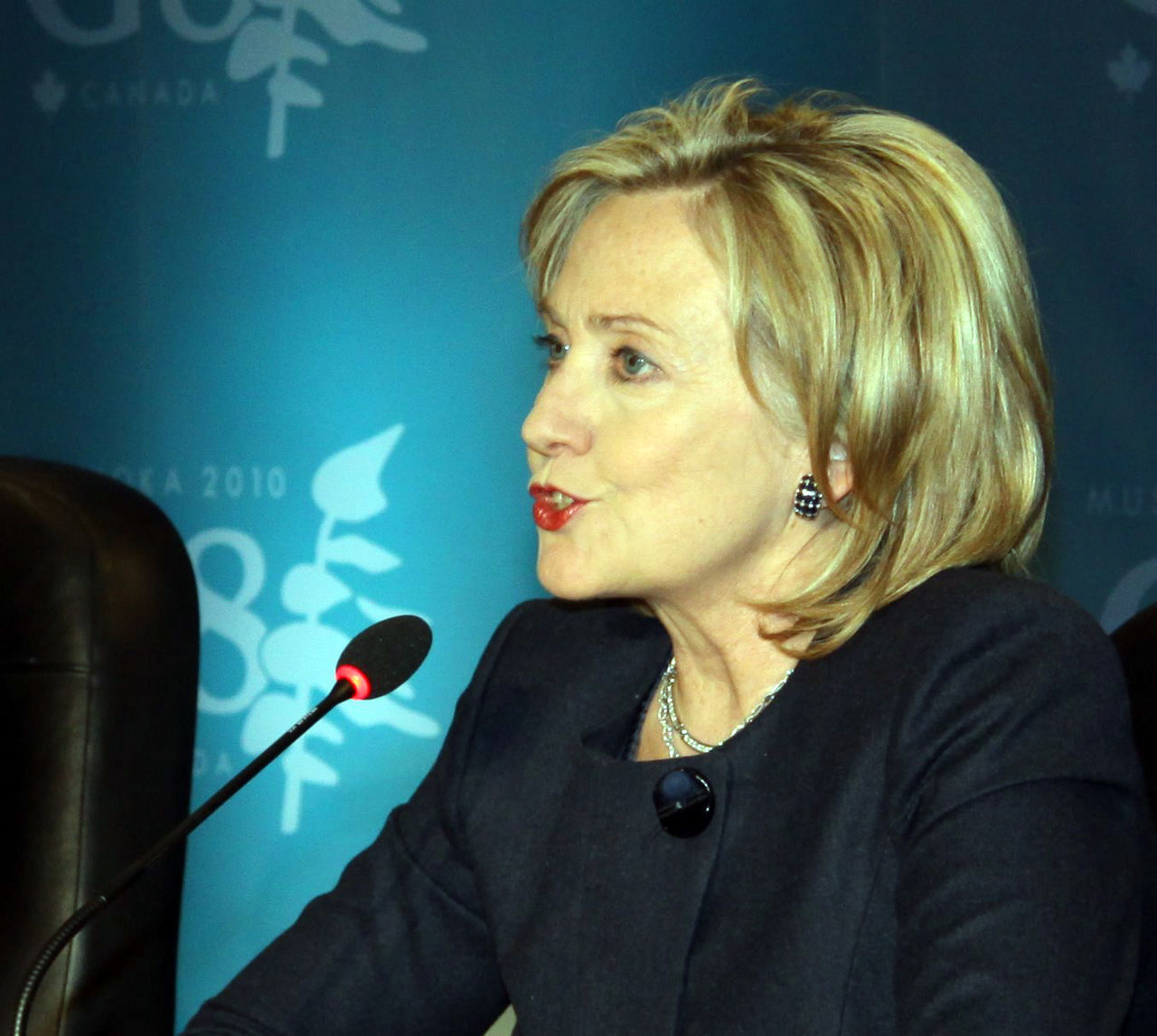
A liberal look at the first democratic debate
Alec Schaffer
aschaff3@uwyo.edu
During the 2015 democratic debate, I noticed something relatively unfamiliar to the current political landscape and that was focus on the issues. It’s all too common that political candidates tend to speak in vague generalities, tiptoeing around issues, making meaningless claims of how they will be a good president and ultimately avoiding any details or any actual discussion of politics beyond superficial ideological rhetoric.
While many candidates did speak in agreeable vague statements, Bernie Sander aggressively lead the debate by bringing issues to discussion. While this did open Sanders up to a great degree of criticism, it forced the other candidates to do something they where unprepared to do. That was that it forced them to actually say how they were going to fix the problem of the wealth gap within the nation and not one candidate proposed anything new other than Sanders.
Hillary Clinton did not make any bold claims of how she will solve the problems of inequality beyond the typical statements voiced a million times be Republicans and Democrats alike. Right now people are frustrated with their government and they want something new. Hillary comes across as more of the same. She is a sliver-tongued candidate who will say anything to get elected, one who is more focused on their own goals than that of the nations. This is why she was afraid to say anything of substance. She came across as fake, well calculated and focused on getting the nomination above all else.
Although Sanders’s ideas have been attacked as radical and unrealistic, he is addressing the wealth inequality and is proposing a complete overhaul and proposing real change. He did not hide behind vague statements, he did not seem to calculate and he did not dodge attacks. He boldly made a proposal of what he sees as the right thing todo.
Bernie Sanders seemed less focused on getting the nomination than he did with bringing the issue of the wealth gap to the public sphere and with highlighting the current frustration that so many citizens feel toward the government. Sanders made one thing very clear and that is this- do we want more of the same or are we going to try something new?

A republican look: Democratic debate crumbles frontrunner’s facade
Kip DeCastro
kdecastr@uwyo.edu
Thanks to the October 13th debate, Republicans can finally breathe more easily.
The insecurity, doublespeak and general awkwardness of many of the candidates in the Las Vegas debate means that the 2016 Democratic circus is in full swing. Sanders and Clinton took most of the questions during the debate, while the sideshow candidates complained about not getting enough attention, or were destroyed by Anderson Cooper.
Earlier in the race, it appeared as if the Republican Party would be soundly destroyed from within, by the tupee’d terror of Trump or the mad doctor Ben Carson. Fortunately, the debate clearly dethroned the images of democratic front-runners. Clinton went from carrying the air of a seasoned veteran of the political process, to an all around yes-woman with no dearly held convictions. On the other hand, Sanders changed from an incendiary revolutionary firebrand to a geriatric and sometimes nutty East coast socialist.
Clinton, though considered to be the winner by most major news outlets, did not control the debate in any way shape or form. Rather, questions addressed to her were constantly stolen by her opponents. Whether this says more about Clinton’s ability to drive a conversation or just plain gender discrimination can’t be determined, but even if the interruptions are forgotten or ignored, Clinton once again showcased just how out of touch she is with America and with the youth. From the insincere shoulder hugs, to lame thumbs up, it appears more as if Hillary is trying to craft an image of herself as someone that the “youth” should support. Clinton gave non-answers throughout the debate, and never really took a decisive stance.
Sanders was unafraid to stand for what he believed, even when it was quite divisive, such as his stance on banks. Despite this, there were a few occasions when Sanders was caught off guard when his personal viewpoints did not align with the party’s. Anderson Cooper, the host of the debate, brought up Sanders’ earlier proclamation of being an avowed socialist. Despite Sanders’ earlier grandstanding on socialist thoughts and ideas, when questioned he did not make such a bold proclamation, but rather reiterated that he did not support what he referred to as the “casino-capitalist” economy in the United States. He again appeared confused when Cooper brought up Sanders’ history with gun rights. Sanders’ home state, Vermont, has a long history of gun ownership and with the recent concerns raised about school shootings, gun ownership has become very popular in the Democrat Party. Sanders was not able to offer a convincing argument for his changing support of stricter gun legislation.
Sanders has gained most of his momentum via the internet, resulting in the 74-year-old white male becoming the patron candidate of millennials, who believe themselves to be more slighted than anyone else in history. Sanders made it clear in the debate that he is both not with the times, nor does he have a young soul, so questions linger regarding his overwhelming support among millennials. Perhaps millennials, the generation who never really got over that time their dad yelled at them, see Sanders’ and his promise of revolution as a new form of rebellion. This rebellion, like listening to Blink-182 records, drinking Pabst ironically or getting a nose ring, is rebellion against a world that cruelly wants millennials to look presentable in the workplace, not rack up massive amounts of debt and refrain from indulging in drugs excessively. Or maybe they see his promises to topple the fabric of American society as we know it as an opportunity to reshuffle the deck, to create a world where their decision to get a degree in post-structuralist literature wasn’t a mistake.
The sideshow acts, Lincoln Chaffee, Martin O’Malley and Jim Webb, provided a slew of surprises. Chaffee provided effective comic relief by constantly flinging attacks towards Clinton that were either laughed off or ignored. Martin O’Malley played the perfect dancing bear; at first interesting to look at, but boring once you realize he knows no tricks and is only going through the motions. Webb, on the other hand, was easily the worst sideshow act and his continuous requests for more time made it appear that he genuinely did not know that he was not part of the main performance.
Sanders’ control of the conversation and principled stances means that, in my book, he wins clearly against Hillary’s highly constructed debate persona. However, the real winner of the Democratic debate is the Republicans as the highly crafted and nigh unassailable facades that the Democratic front-runners had created are beginning to crumble.



